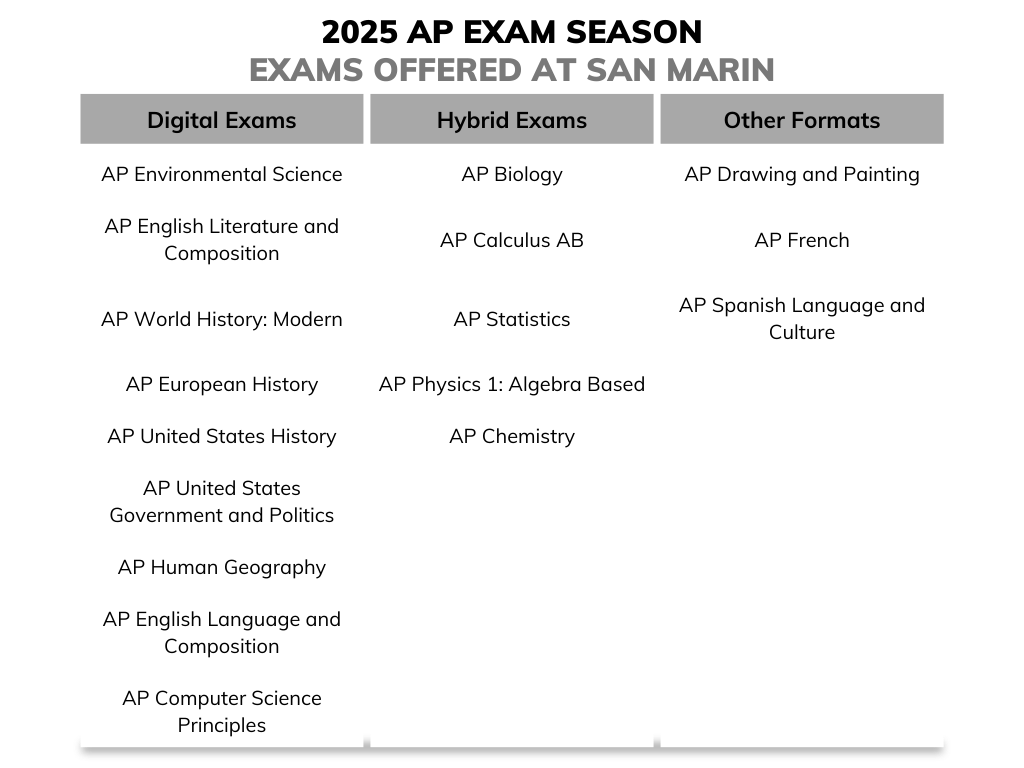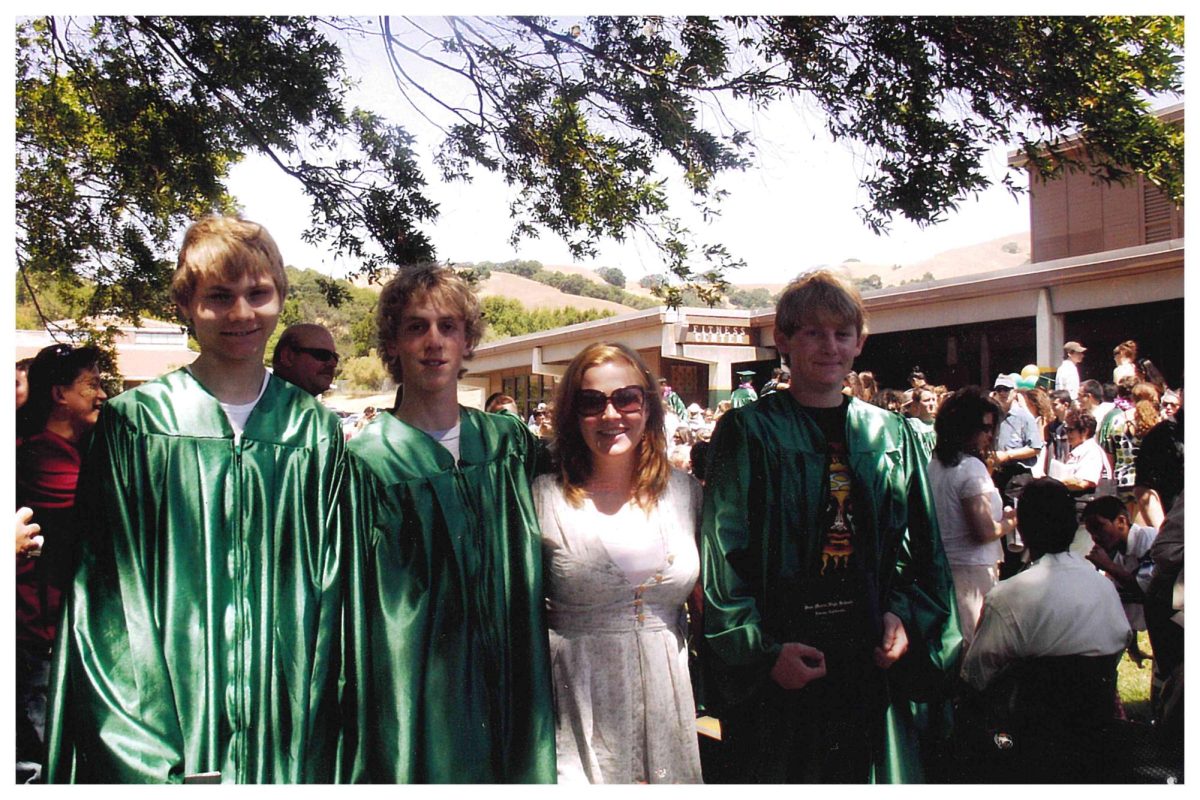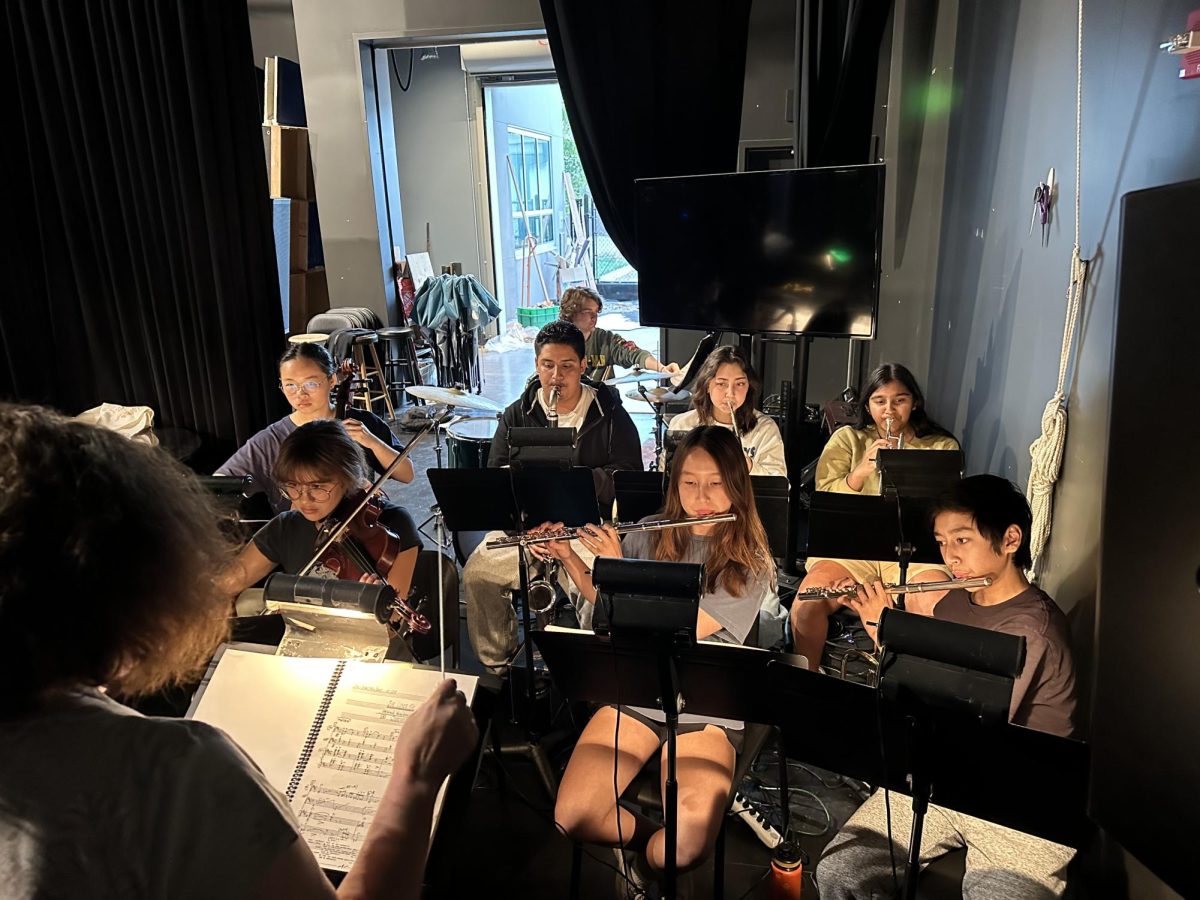On June 20, 2017, the Novato Unified School District adopted a district budget for the 2017-18 school year. The budget projected a deficit of $2.9 million from the previous school year, which means that the district’s fund balance dropped from approximately $12.4 million to $9.5 million.
According to the school board, there were three primary reasons that contributed to the loss of revenue. This included the costs of the implementation of the Local Control Funding Formula (LCFF), which aims to provide funds to schools based on their average daily attendance and the number of high-needs students. The other two reasons encompassed decreasing enrollment and attendance, and an increase in the amount of money that employees have to contribute from their income to the California State Teachers’ Retirement System (CalSTRS) and the California Public Employees’ Retirement System (CalPERS). These two programs provide funding for teachers’ pensions as well as retirement programs and any benefits that they would receive.
Members of the Novato Federation of Teachers, or NFT, took issue with the way the school board allocated funds. The NFT serves as a way for local teachers in the school district to voice their opinions in board meetings and advisory committees, and the organization’s current president, Aaron Fix, was critical of the changes in this year’s budget.
“I am not happy with the budget priorities for the last two years. We have seen a shift in spending toward consultants and programs that are away from the classroom,” Fix said. “NUSD is spending nearly $600,000 on just three consulting firms and hundreds of thousands on a raft of smaller consultants while we have known well in advance that we would be entering tight budget years.”
Some members of the NFT have proposed alternative solutions that rely on allocating or cutting funding from areas such as administrative spending. This is an issue that the NFT has looked to address, especially since the NUSD’s Superintendent earns $228,900, $38,800 more than Governor Jerry Brown’s salary, and that 6.5 percent of the school’s budget is spent on 41 administrators.
The new budget has raised concerns among teachers and union members over the impacts it could have on the quality of education. NUSD teachers were paid four percent less than other districts in Marin County, which only increased by one percent after adopting the budget.
“To put it bluntly, they will leave. The current salary increase that the district is offering teachers does not keep up with COLA (a cost of living index) and it puts us even further behind the average salaries of the districts that we have agreed to compare ourselves to,” Fix said.
The loss of teachers, especially to other districts, has been the largest concern for schools in the Novato Unified School District with some students, such as junior Ashok Sundararaman, saying that the rotation of teachers has had a detrimental impact on student education.
“We’re in the first semester of Spanish 2, but we’re still learning things from the first semester of Spanish 1. It’s not the teacher’s fault… If we start paying the teachers more, it could motivate them to stay, which will hopefully help students receive an enhanced education,” Sundararaman said.
The changes in the adopted budget for 2017-18, according to Fix, didn’t do enough to address the problem of having teachers leave, despite requests to change the amount of contributions or increase the salaries. The changes included a net decrease in revenue of $3.87 million, from $84.6 million in revenue last year to $80.7 million this year.
On the other hand, the amount of expenditures has dropped by approximately $4.4 million from last year. The categories that changed significantly included the contributions staff members make to retirement programs, which increased by $1.15 million, as well as supply costs and operating expenditures. However, the total costs were still $2.9 million greater than the net revenue. These costs and expenditures were projected to increase consistently over the next two years, reaching $87.8 million by the 2019-20 school year.
Yancy Hawkins, the Assistant Superintendent of Business and Operations, predicted that these changes over the next few years would have consequences on the district and staffing.
“[There are] no significant impacts in the current year, but the 2018-2019 budget will include budget cuts. There is a potential for decreases in teacher salaries, administrative spending and supplies. As the district’s budget is 85 percent employee salaries and benefits, some decreases in staffing are likely,” Hawkins said.
In order to oversee the implementation of the budget and make recommendations on certain concerns, the district established a Budget Advisory Committee which included students, teachers, parents, classified staff, and administrators. Their recommendations would affect what areas the district would cut, which would have negative impacts regardless, according to Vice Principal Mike Casper.
“I have the utmost respect and trust for those managing the budget with a
mindset of keeping the cuts furthest away from the kids as possible. It’s always difficult because budget cuts do have a big impact on kids and families,” Casper said.




































